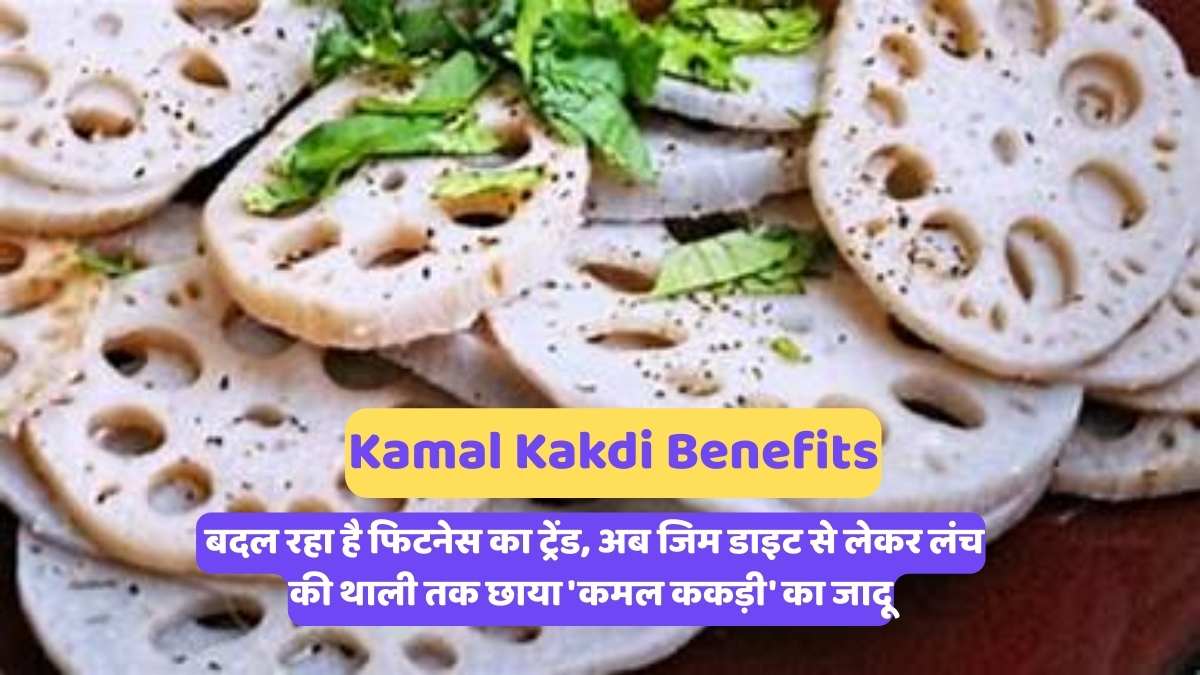Join WhatsApp
Join NowYour Kitchen is Leaking Money: The kitchen, the heart of every home, is a place of nourishment, creativity, and connection. But it also holds a dark secret: for many of us, it’s a financial black hole. Every day, small habits—a forgotten bag of spinach turning to slime, leftovers pushed to the back of the fridge, or an impulse buy at the grocery store—silently drain our wallets. Food spoilage, overbuying, and unused ingredients are common enemies that slowly but surely inflate our monthly expenses.
The good news? You don’t need a drastic overhaul to reclaim your budget. By making a few small, strategic changes to your kitchen routine, you can significantly reduce waste, save a surprising amount of money, and create a more efficient, mindful home without sacrificing a single bit of comfort or flavour.
Here are five easy, game-changing kitchen hacks that will make a powerful difference to your bottom line.
1. Master the Art of Smart Storage: Your Food’s First Line of Defense

A staggering amount of food waste occurs simply because we don’t store our ingredients correctly. Proper storage is the key to extending the life of your produce and groceries, which means fewer last-minute trips to the market. For instance, onions and potatoes should both be kept in a cool, dark, dry place, but never together. Onions release ethylene gas, a ripening agent that causes potatoes to sprout and spoil much faster. Leafy greens, like spinach and coriander, will stay crisp and fresh for days longer if you wash them, dry them thoroughly, and then wrap them in a damp cloth or paper towel before placing them in the fridge. This simple trick provides the perfect amount of humidity to prevent them from wilting. Learning these small storage secrets is the first and most crucial step in the fight against food waste.
2. Transform Leftovers from Afterthought to ‘Second-Act’ Superstars

Instead of viewing leftovers as a problem to be dealt with, think of them as culinary gold mines—ingredients for your next delicious meal. That bowl of last night’s rice is the perfect foundation for a quick and flavourful fried rice, studded with whatever vegetables you have on hand. Stale bread isn’t trash; it’s the hero ingredient for homemade crunchy croutons, bread pudding, or savoury breadcrumbs for coating cutlets. Even vegetable peels and offcuts can be simmered in water with a few herbs to create a rich, nutritious, and absolutely free vegetable broth. By creatively repurposing what you already have, you ensure nothing goes to waste and slash your grocery bill by using every last bit of food.
3. The Savvy Shopper’s Guide to Bulk Buying
Buying kitchen essentials like rice, flour, lentils, and spices in bulk can be a fantastic way to save money, but it’s a double-edged sword. It only works if you can protect your investment. To make bulk buying pay off, airtight containers are non-negotiable. Store your dry goods in sealed containers to shield them from pests, moisture, and humidity, which can ruin them long before you get to use them. However, apply the opposite logic to perishable items. Avoid buying fresh produce or dairy in bulk unless you have a concrete plan to use it all before it spoils. Being strategic about what you buy in large quantities ensures you get the discount without losing money on food that goes bad.
4. Your Weekly Blueprint: The Power of Meal Planning
Meal planning is arguably the single most powerful weapon in the war against food waste and overspending. Taking just 20 minutes once a week to plan your meals may seem like a chore, but it’s a revolutionary act of financial and mental self-care. When you know what you’re going to cook, you create a precise shopping list and buy only what you need. This eliminates impulse purchases at the grocery store and prevents that sad fate of a forgotten cauliflower languishing in your crisper. Meal planning not only saves you money but also banishes the dreaded daily question of “What’s for dinner?”, freeing up precious time and mental energy every single evening.
5. The Freezer is Your Secret Weapon for Future You
Think of your freezer not just as a place for ice cream and frozen peas, but as a culinary time capsule for preserving food and saving money. Have extra vegetables that are about to go bad? Chop them up and freeze them in bags, ready to be tossed into your next soup, stew, or stir-fry. When you cook a big batch of a dish like a hearty curry, a rich dal, or a pasta sauce, divide it into single-serving portions and freeze them. These become healthy, homemade “ready meals” that will save you from ordering expensive takeaways on busy nights. Freezing food is a brilliant way to press pause on its shelf life, ensuring you always have a delicious, budget-friendly meal at your fingertips.


















